Ricky, my grandson, burst into the living room announcing: “We bringing a calf to play-gool today.” He was so excited at the thought of sharing the loveliness of a calf with his friends. A request had come from Ricky’s playschool asking Colm to bring down a calf for the three-year-olds to see. These requests are important opportunities to promote our farming values. They allow children and adults, who might never have contact with farm animals, to see how we care for our livestock.
Bringing people closer to our farms can help them to appreciate what our work entails and can promote what we do every day. It takes time out of the farmer’s working day, but, nevertheless, it is time well spent and any opportunity that arises to promote understanding of our farming businesses is worthwhile.
As Ricky was having his breakfast, he was thinking about the day ahead. “Granny, you need to bring two bottles of milk.”
“Why?” I asked.
“One bottle for me and one bottle for my friends to feed she.”
I absolutely love the little mistakes Ricky makes as he masters the English language.
excursion
Colm arrived into the living room to make the plan for our excursion. We had a play pen for Ricky that has now been opened up to contain his toys in a corner of the room. Spotting it, Colm suggested we bring it along to corral the calf. We headed off to the yard. Colm put straw into the back of the jeep and I readied two half bottles of milk, knowing that Ricky can’t hold a full one.
Colm caught the last red heifer that was born in early April and put her into the jeep. I purposely didn’t feed her so she’d be hungry for the children to give her milk. We named her Rosie for the excursion.
We brought buckets with Krispi Kaf muesli and Kaf Pride nuts to show the children. Arriving, we had to wait until the security gate was opened to put Rosie in her pen in the playground.
We need to constantly engage with the public about our farming lives.
One group of children was released with their teachers, Helena and Sandra. Ricky was the leader of the pack. He leaned in to rub the calf. Most of the children followed suit. All the little hands on Rosie were cute. One or two of the children held back, not wanting to touch the little calf with her big, beautiful eyes.
I produced the bottle. Rosie refused to suck. She was terrified of everyone around her. Colm chatted to the three-year-olds and their teachers. One teacher admitted that she’d never seen a calf before.
“How could I?” she said “I live in the city.”
I produced the buckets to show the children the kinds of food that Rosie likes. A few of them started to throw little fistfuls of food at the calf. Ricky intervened quickly, telling his friends that Rosie eats her meal out of a meal trough. One boy wanted to know where the lamb was. Sheep farmers take note!
Then the visit was over. Ricky got the job of presenting Colm with a box of sweets. He was so proud. The children returned to the classroom to discuss the calf’s visit.
Change the narrative
Colm, once again, gathered the calf into his arms. We tidied up all evidence of our visit and left. Once back home in her calf pen, Rosie went back to eating and drinking as normal.
We need to constantly engage with the public about our farming lives. Otherwise, the information is coming from activists, some of whom prefer to vilify rather than understand that change, for example in relation to climate change, is a process on farms. You just don’t flick a switch and alter systems. It doesn’t mean that farmers are not engaging. The majority of farmers are taking climate change seriously and doing what is necessary on the farm to reduce emissions. We are listening, reading and hungry for proper advice and direction.
We need more of it and we need leaders in this area from our co-ops, Teagasc, farm organisations, the Department of Agriculture and politicians to change the narrative. We understand the urgency required. It is time for balanced views to ensure that we can continue to farm sustainably and guarantee that the next generation can have a worthwhile career in agriculture.




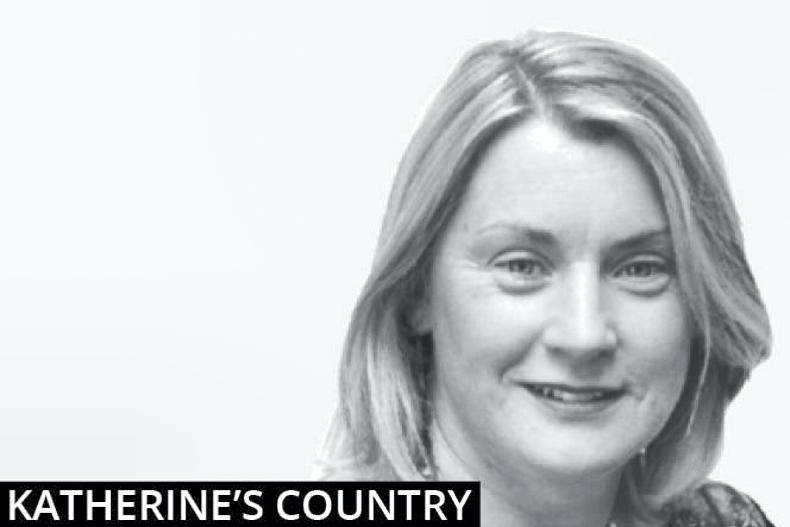
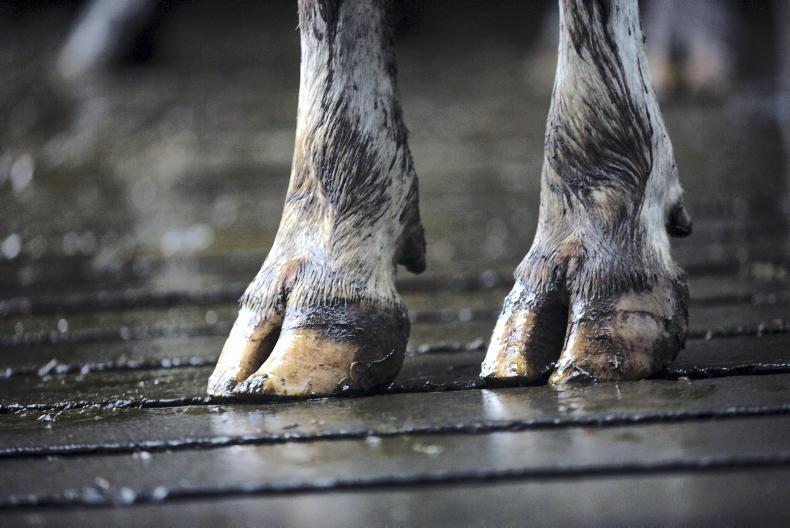

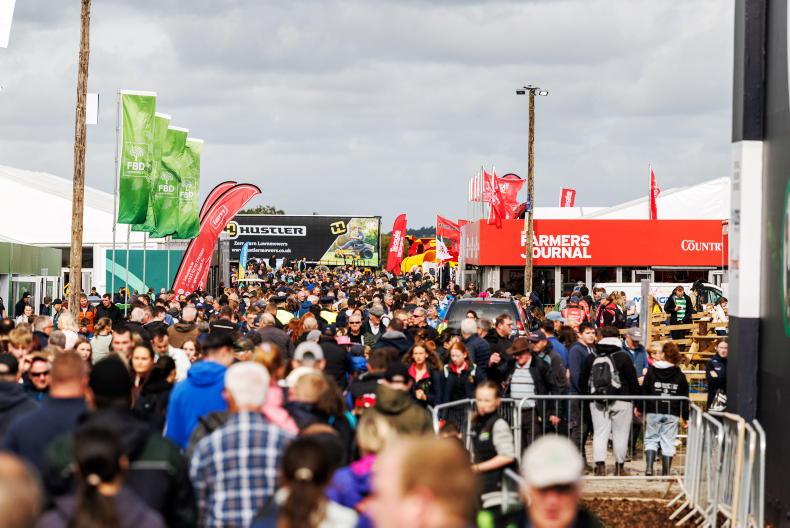
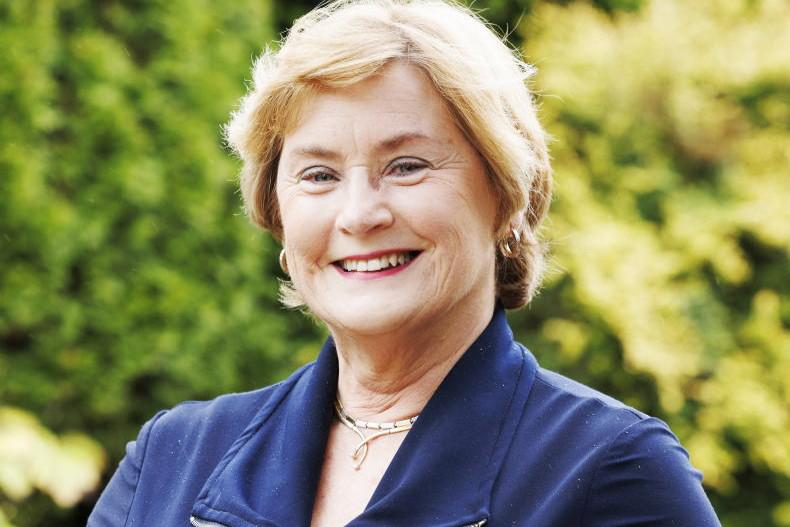
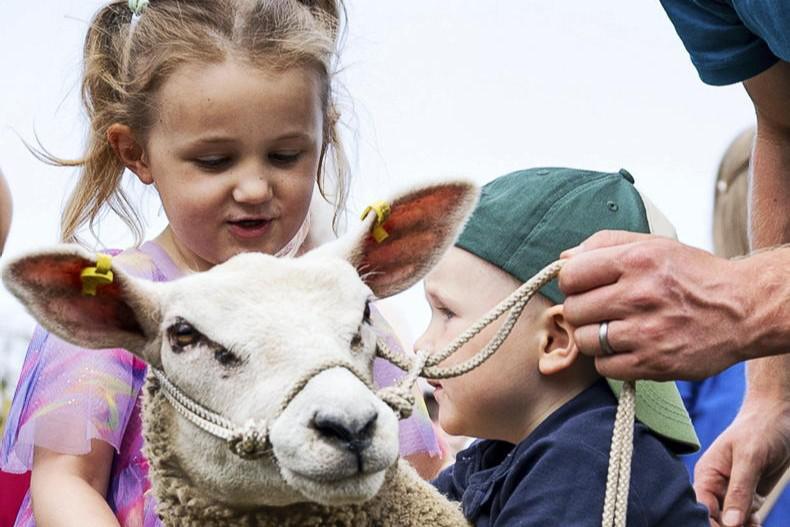
SHARING OPTIONS